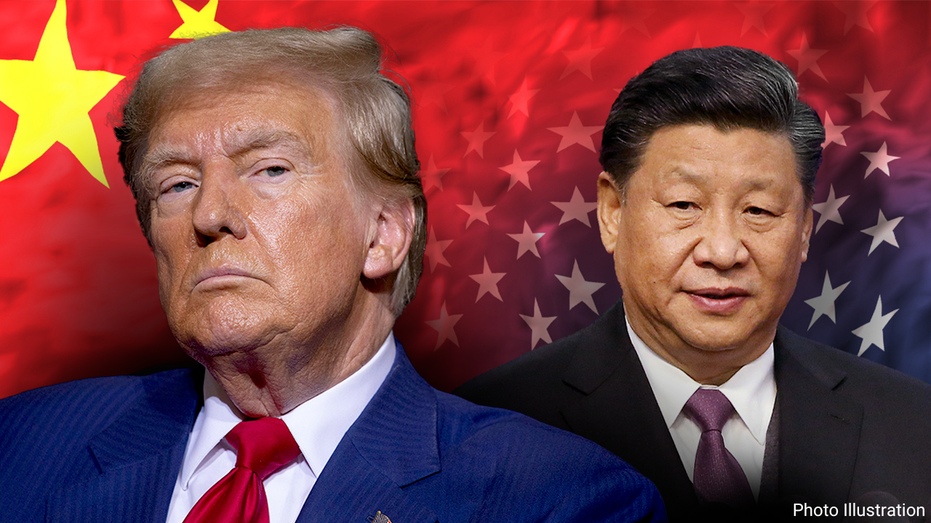Trump Praises 'Very Positive' Breakthrough in U.S.-China Relations Following Earlier Criticism of Trade Violations
President Donald Trump and Chinese President Xi Jinping hold a lengthy call amid escalating trade and security tensions.

President Donald Trump engaged in a substantial phone conversation with Chinese President Xi Jinping on Thursday, an exchange that lasted approximately ninety minutes and centered almost exclusively on the ongoing trade relationship between the United States and China. The dialogue comes at a moment of heightened tension over economic and national security issues, underscoring the critical stakes involved for both countries.
Trump described the call as "very good," emphasizing that the recent trade deal between the two nations was a primary topic of discussion. According to the president, the talks led to a "very positive conclusion for both Countries," suggesting a renewed commitment to cooperation despite previous disputes. Both leaders extended invitations for state visits: Xi invited President Trump and First Lady Melania Trump to visit China, while Trump reciprocated by inviting Xi and his wife Peng Liyuan to the United States.
This high-level communication followed a period of public disagreement between Washington and Beijing. Just days earlier, Trump criticized China for allegedly violating the initial trade agreement reached in May, and he noted that Xi was "extremely hard to make a deal with" in previous social media statements. The trade accord, as negotiated, would see the U.S. reducing tariffs on Chinese imports from 145% to 30%, while China pledged to cut its tariffs on American goods from 125% to 10%.
Despite the apparent progress, Trump accused China on Friday of not living up to its obligations under the new trade terms, though he did not specify which aspects of the agreement were in violation. "The bad news is that China, perhaps not surprisingly to some, HAS TOTALLY VIOLATED ITS AGREEMENT WITH US," Trump asserted in a pointed post.
U.S. Trade Representative Jamieson Greer elaborated on the administration's concerns, citing China’s failure to remove certain non-tariff barriers as stipulated in the deal. "The United States did exactly what it was supposed to do, and the Chinese are slow-rolling their compliance," Greer stated, warning that these issues must be decisively addressed moving forward.
Meanwhile, Chinese officials have called on the U.S. to reevaluate its own actions, urging Washington to "immediately correct its erroneous actions" and halt measures perceived as discriminatory against China. This reflects the ongoing diplomatic push-and-pull as both sides seek to assert their interests without derailing the fragile progress made in Geneva negotiations.
Nevertheless, following the call with Xi, President Trump signaled an optimistic outlook, assuring reporters that any remaining complexities had been resolved. "It's very complex stuff, and we straightened it out," Trump remarked during a press briefing, adding, "We have a deal with China...we were straightening out some of the points… I would say we have a deal, and we're going to just make sure that everybody understands what the deal is."
The renewed engagement between Trump and Xi also comes against the backdrop of stricter U.S. measures on student visas, particularly those affecting Chinese nationals. However, Trump appeared to moderate his stance in recent comments, emphasizing support for international students provided they undergo proper vetting. "We want to have foreign students, but we want them to be checked," he clarified from the White House, striking a balance between national security concerns and openness to academic exchange.
As the U.S. and China prepare for further negotiations in Switzerland, the latest communication between their leaders hints at cautious optimism. Both sides appear eager to maintain dialogue, even as the challenges of compliance and mutual trust continue to loom large over the bilateral relationship.




